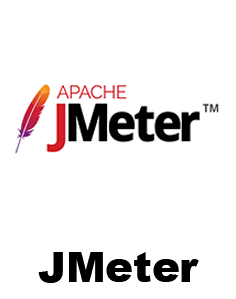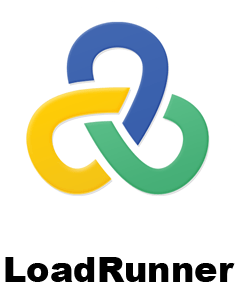About Automation Testing Masters Program Training Course
We would do whatever it takes to make this a definitive Automation Testing Masters Program Training Course. We will try to cover almost all the topics related to Testing tools. It would be your unique destination to learn the automation Testing Masters Program Training Course Certification.
Learning Automation Testing Masters Program Training Course can help open up many opportunities for your career. It is a great skill-set to have as many roles in the job market requires proficiency in Testing Concepts. Mastering Automation Testing Masters Program Training Course can help you get started with your career in IT Companies like Paypal, Capgemini, Accenture, Mphasis, CTS, MindLabs hiring Automation Tester.
This course will not only cover the core issues but will also cover many more advanced topics. This course is going to be one of the most comprehensive programs on ACTE. Software Testing Fundamentals Course, Selenium Certification Training, Continuous Testing in DevOps, Mobile App Testing Using Appium: THERE IS NO PROBLEM. Everything is covered
Automation Testing is an automatic thanks to performing software package testing. In currently there's a super chance of growth during this career among the whole trade except for software package Development there a heap of different career opportunities obtainable among the market.
Software Testers and Developers were currently on the lookout for a testing technique. The testing technique might offer an equivalent turnout as automation Testing with marginal labor and price to the current they needed to cut back the repetitive tasks of automation Testing.
- Focus on analytical thinking
- Understanding of programming languages
- Good functional testing skills
- Good functional testing skills
- Possess knowledge of Automated testing tools
We are happy and proud to say that we have strong relationship with over 700+ small, mid-sized and MNCs. Many of these companies have openings for developer. Moreover, we have a very active placement cell that provides 100% placement assistance to our students. The cell also contributes by training students in mock interviews and discussions even after the course completion.
- Don't Ignore Manual Testing.
- Possess glorious Technical Programming Skills.
- Understand the application Well.
- Experience the Automation Testing Tools.
- Understand ATLC Methodology.
- Create a check Automation Strategy.
- Stay Updated With the Testing Trends.
- A module or application that doesn't amend often.
- Use of reusable functions and procedures.
- Build should be stable.
- Get the functionalities to repeat.
- Filtering the automatic take a look at cases.
- Skilled and experienced resources.
Testers need smart committal to writing data after they chase associate automation testing or white box testing. Throughout the agile method, the take a look at can work with one or additional programmers to put in writing test. Therefore for making an associate take a look at testers must understand the code.
Our courseware is designed to give a hands-on approach to the students in Freshers Masters Program. The course is made up of theoretical classes that teach the basics of each module followed by high-intensity practical sessions reflecting the current challenges and needs of the industry that will demand the students’ time and commitment.
Automation testing takes feedback from automatic tests running domestically or on a build, a server makes it easier for developers to make sure that their changes do not break existing work reduces the time wasted throughout the integration.
Three-Four months is long enough to learn a considerable amount of Automation Testing Masters Program. If you are already able to fluently program in another language, then 2 months would be a generous amount of time to learn enough Automation Testing Masters Program to meaningfully contribute in a professional capacity.
- Scope To Explore the most recent Technologies.
- Testing Is In High Demand.
- Designing Experiments.
- Multiple Routes Towards Progression.
- If you prefer To Face Challenge.
- Constant Growth of the training Curve.
Show More











































